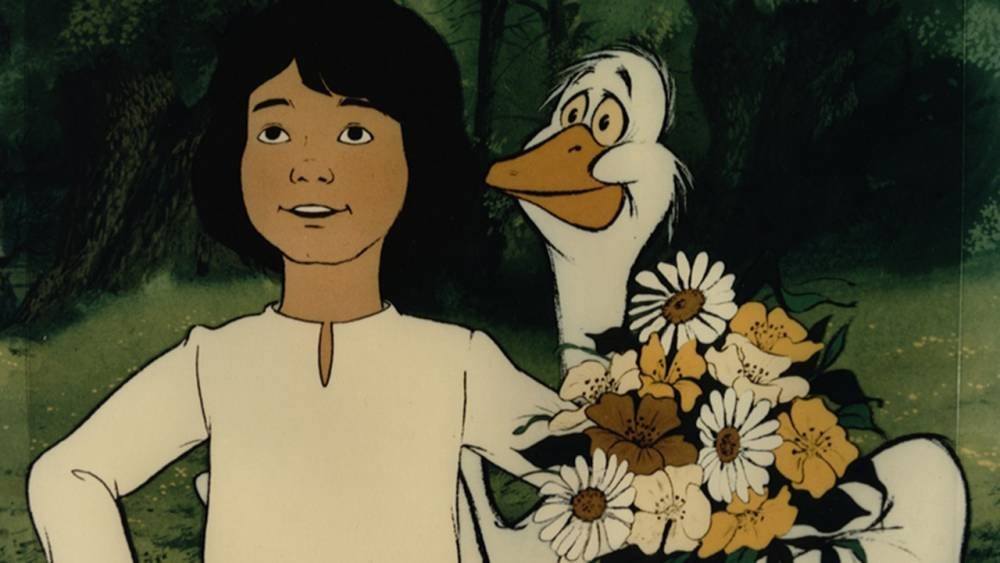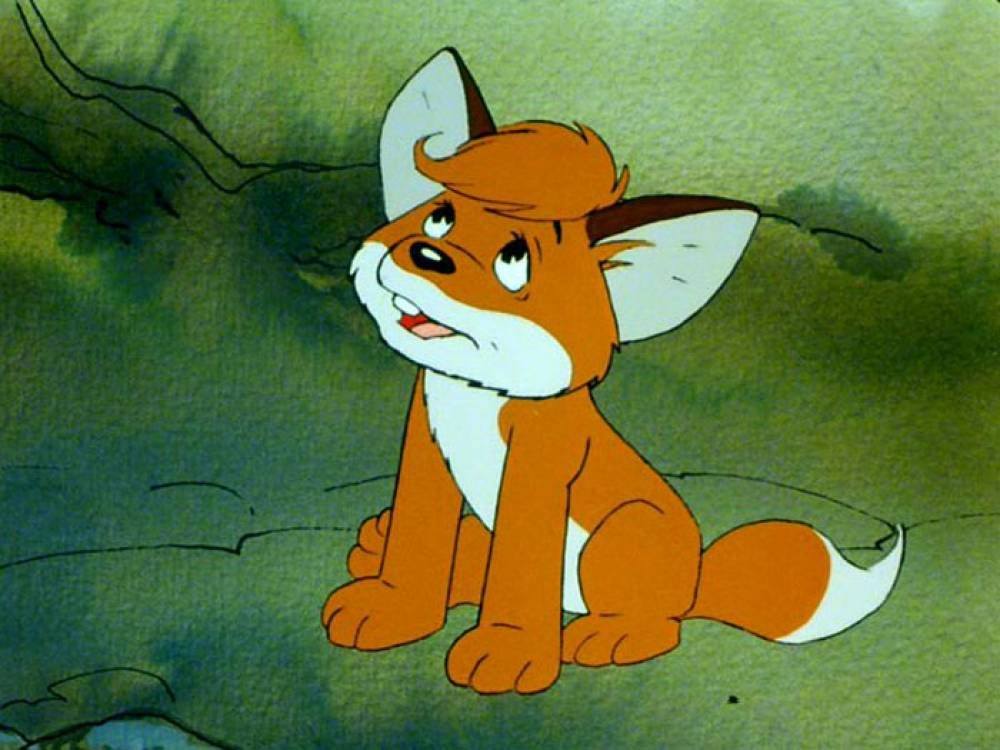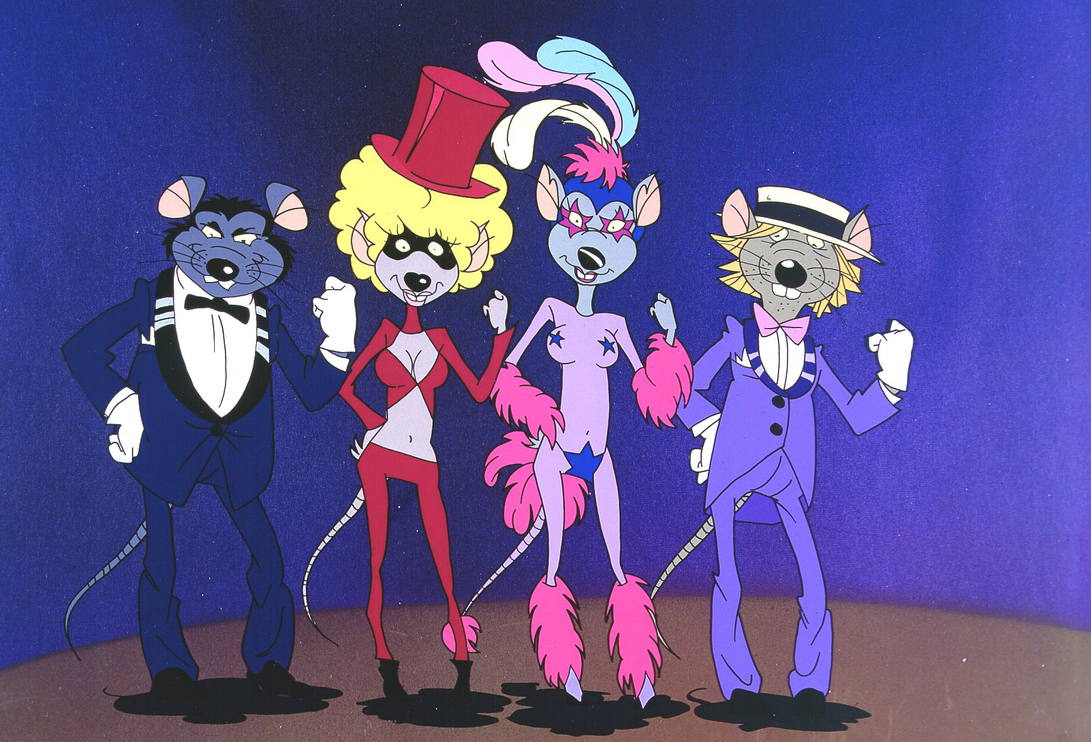Change language:
Check out some of the best Hungarian animated movies – PHOTOS

There is a common misconception that animated movies are just for children. Well, the Hungarian animators are here to debunk this notion. These masterpieces defy age limits, appealing to all generations. While they may lean towards the experimental, they might better be enjoyed by adults, but small ones can understand them just as well.
The rich history of Hungarian animation goes back more than a century, yet it wasn’t until the 1960s that it truly flourished as an art form. Situated in Central Europe, Hungarian animators drew inspiration from both Eastern and Western influences. This duality perhaps explains why Hungarian artists are often celebrated for their avant-garde style, a balance that evolved over time. The peak of animation occurred between the 1960s and 1980s, with artists exploring every facet of the craft, infusing depth and narrative into their work. Here, we present six of the most iconic Hungarian animated movies of all time.
Mattie the Goose Boy (Ludas Matyi)

Attila Dargay’s masterpiece, “Mattie the Goose Boy,” stands as one of his earlier works from 1977. Adapted from a 19th-century poem, this Hungarian animation movie follows the tale of a boy seeking revenge against a tyrannical lord who had previously beaten him. Accompanied by a silly yet helpful goose companion, Mattie navigates a world of mischief and redemption. A fun fact about the film is that it features another famous Hungarian since the soundtrack was composed by the renowned Hungarian maestro, Franz Liszt.
The fly (A légy)
A nominee for several awards and an Oscar winner, “The Fly” is an experimental short film crafted by Ferenc Rofusz. Devoid of dialogue or musical score, the film relies solely on sound effects to immerse viewers in the world of a fly. Through its unique perspective, “The Fly” showcases the boundless possibilities of animation.
The Little Fox (Vuk)

Directed by Attila Dargay and released in 1981, this Hungarian animation movie is another all-time classic. At first, it was released in segments, but after its massive success, the creators compiled it into a feature-length movie. The story revolves around Vuk, the little fox learning the ways of his kind. With its unforgettable theme song performed by Kati Wolf, “The Little Fox” has secured its place as an enduring icon of Hungarian culture.
Cat city (Macskafogó)

A quintessential Hungarian film, “Cat City” captivates audiences with its imaginative tale of feline domination. Directed by Béla Ternovszky, this dark comedy explores the power struggle between cats and mice, replete with occasional violent scenes and witty references to pop culture. Released in 1986, the film quickly endeared itself to viewers, earning a cherished spot in Hungarian cinematic history.
The tragedy of man (Az ember tragédiája)
This Hungarian animation movie took decades to make and was released in 2011. It stands as one of the longest animations ever produced, hence it has rightfully earned its place on our list. Marcell Jankovics, the director is one of the most talented Hungarian filmmakers. The book the script is based on draws inspiration from biblical narratives, featuring characters such as God, Lucifer, Adam and Eve. Through distinct animation styles, the film navigates timeless themes with enduring relevance.
The four souls of Coyote (Kojot négy lelke)

Representing a recent addition to Hungary’s animation canon, “The Four Souls of Coyote” addresses the pressing issue of environmental conservation. Rooted in Native American folklore, the film sheds light on the indigenous people’s struggle for ecological preservation. As Hungary’s entry for the Best International Film Oscar in 2024, this cinematic gem underscores the evolving landscape of social commentary in animation, as reported by filmarchiv.hu.
This could also interest you:







